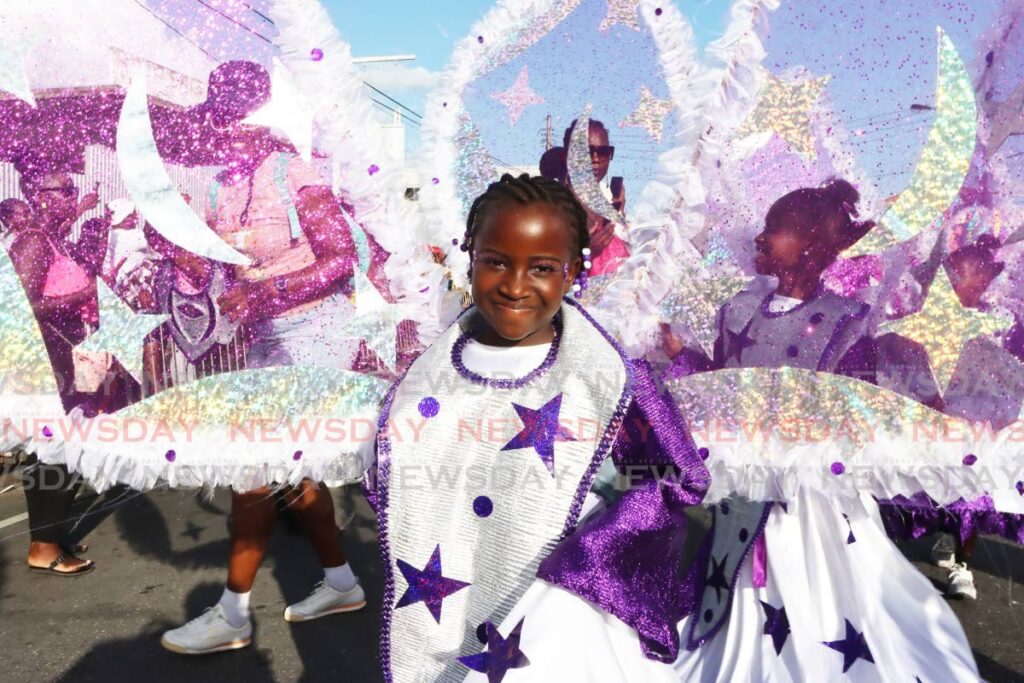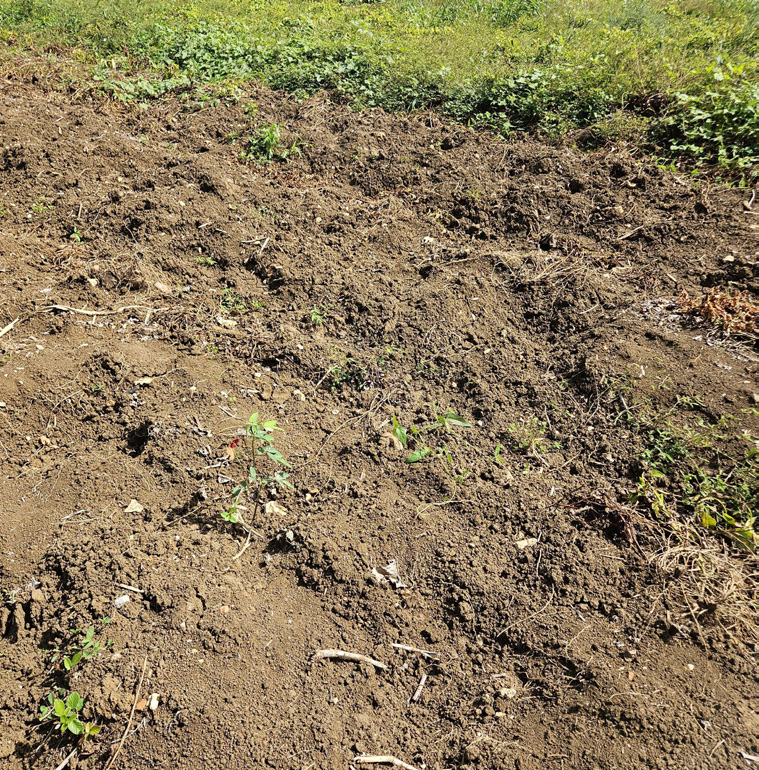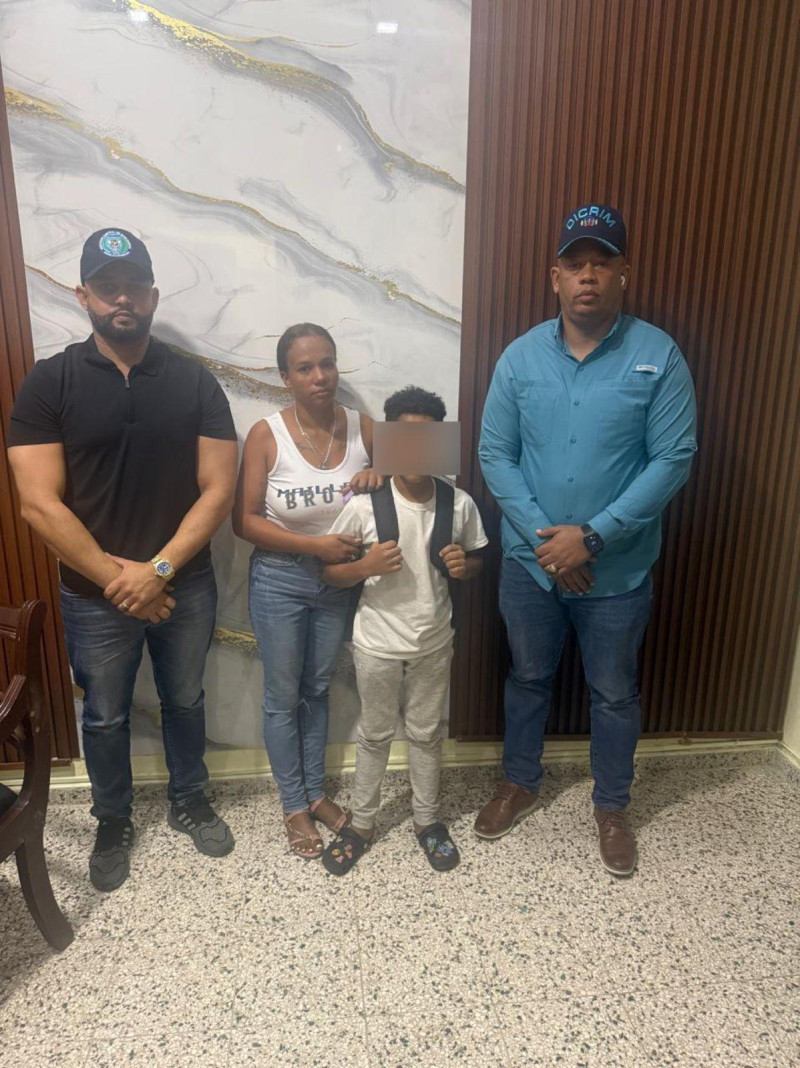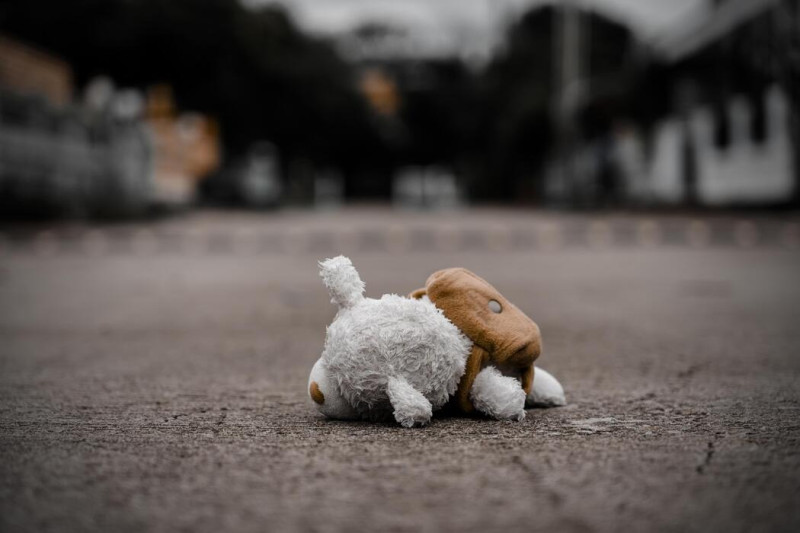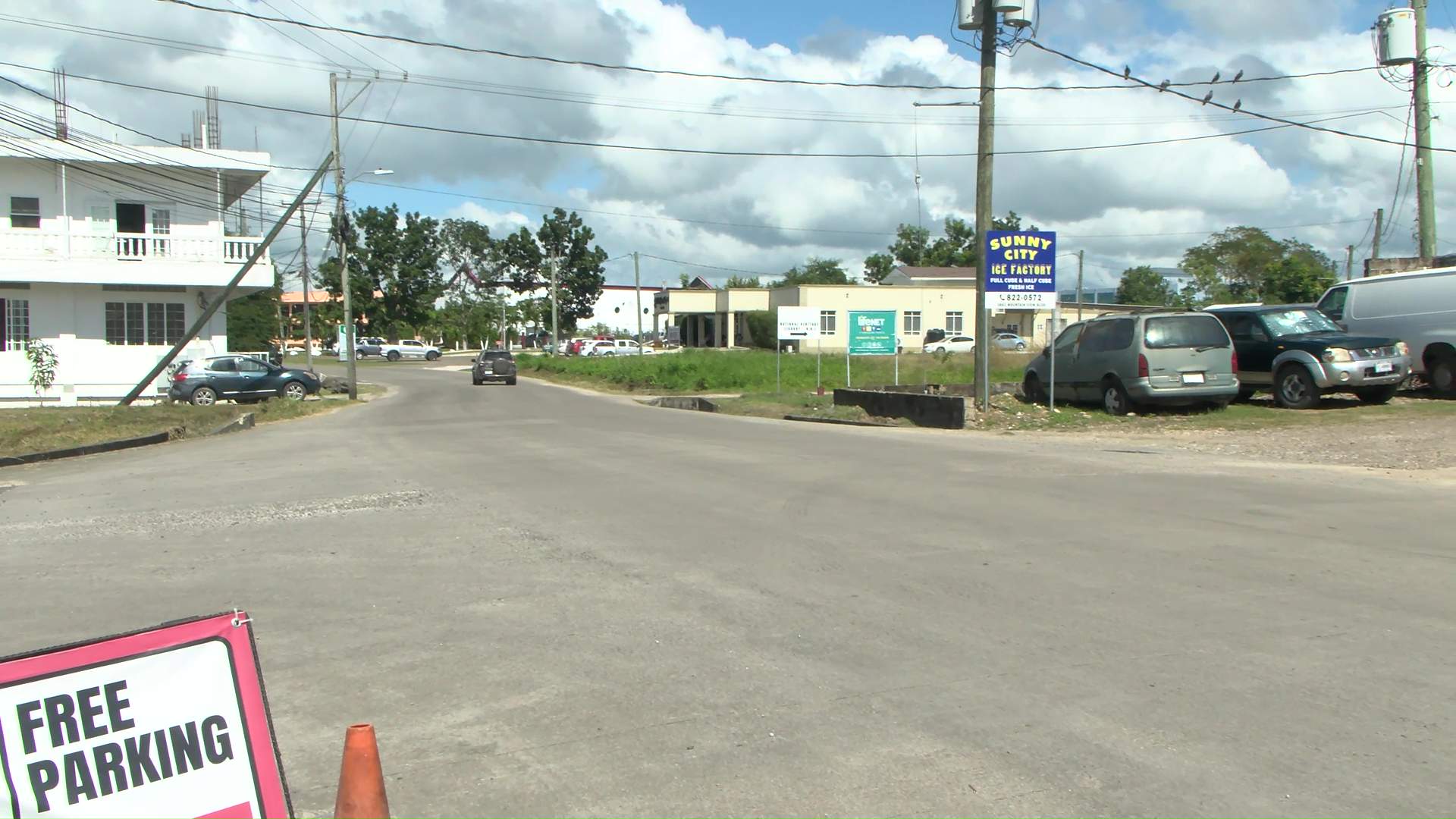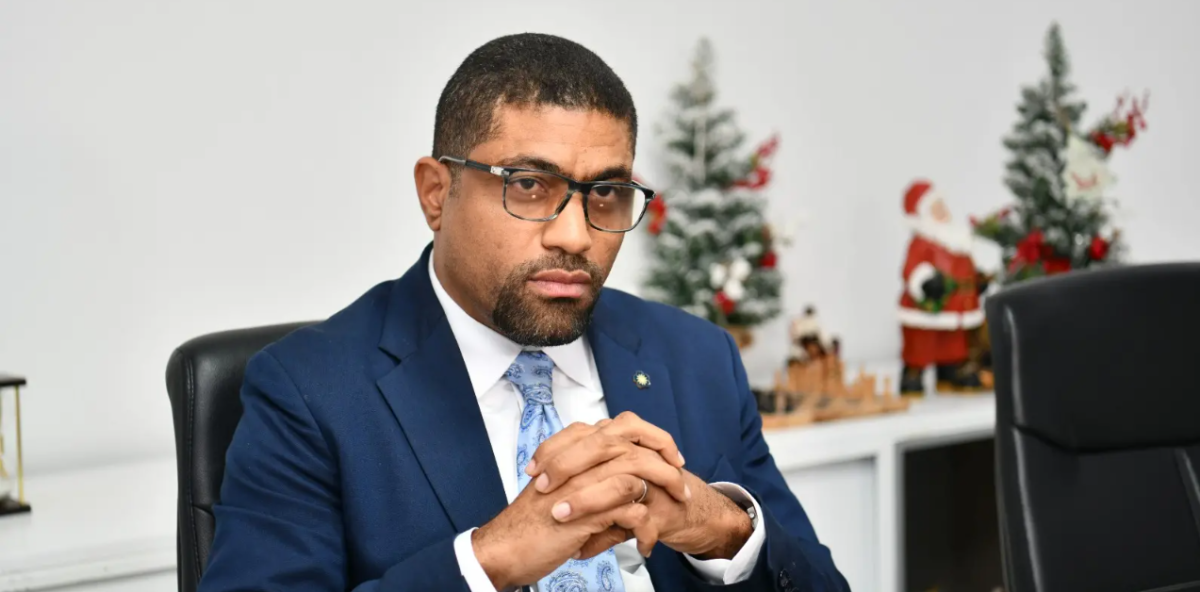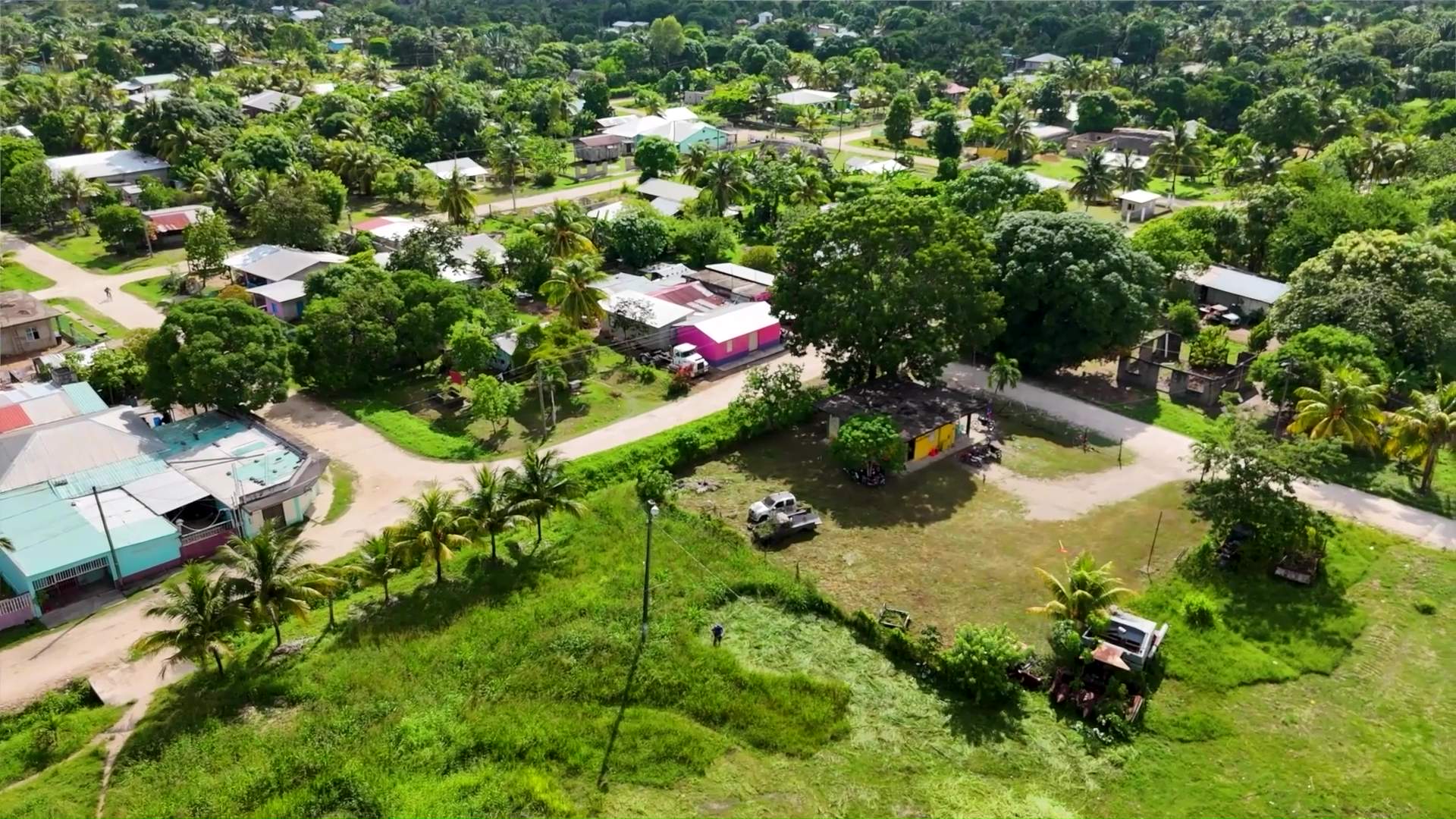The highly anticipated 36th edition of the St James Children’s Carnival, scheduled for February 8, faces significant financial challenges that threaten its continuation. This beloved junior masquerade parade, which draws hundreds of young participants and thousands of spectators along Western Main Road, St James, requires urgent sponsorship to proceed.
Organized jointly by the St James Community Improvement Committee and the St James Children’s Carnival Committee, the event has historically relied on funding from the National Carnival Commission’s Regional Carnival Committee with additional support from local businesses. Despite persistent financial obstacles, organizers are working diligently to preserve this cultural tradition.
This year’s celebration, themed ‘Colour Wee Carnival,’ features multiple competitive categories including King & Queen of the Bands, Band of the Year in various size divisions, Male & Female Individual of the Year, Best Use of Local Materials, Best Traditional Mas, and the special Yvonne Mungal Challenge Trophy open category.
Registration opened on January 12 at 16 Ranjit Kumar Street, St James, with additional forms available at TTCBA’s secretariat in Queen’s Park Savannah and Crosby’s on Western Main Road. The registration deadline is February 2, with no late entries permitted.
The event’s historical significance was highlighted by former NCC chairman Winston Peters, who in 2020 emphasized that the carnival provides children with “an extra day to jump, exhibit, palance and ramajay.” Former NCC CEO Colin Lucas further noted that children’s carnival ensures the cultural tradition continues “from one generation to another.”
The St James Children’s Carnival has grown to become an integral component of Trinidad and Tobago’s Carnival celebrations, now rivaling adult events in both costume artistry and attendance. With over 50 registered bands and 200+ individual participants, the event serves as both cultural preservation and community building opportunity, bringing together families, friends, and visitors for a day of creative expression and celebration.
